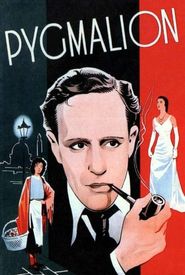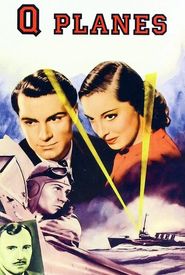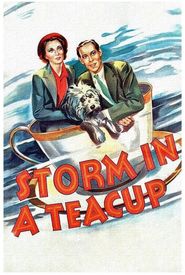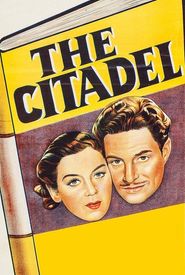British writer-producer, educated at the prestigious Rugby School and later at Trinity College, Cambridge, where he earned a reputation for his exceptional academic prowess. As a young man, he began his career in the film industry under the tutelage of renowned director Michael Balcon, initially serving as a cutter and assistant director. As he honed his skills, he was promoted to supervising editor, a position he held at Gaumont-British and Gainsborough from the late 1920s to the mid-1930s. During this period, he was responsible for overseeing the editing of several classic films, including the critically acclaimed "Rome Express" (1932) and "The Ghoul" (1933). Additionally, he collaborated on several screenplays, further solidifying his reputation as a talented writer and editor.
As the decade progressed, Dalrymple's focus shifted towards writing scripts, and he went on to hold the position of executive producer for the Crown Film Unit (under the Ministry of Information) between 1940 and 1943. During this time, he produced a series of wartime documentaries that showcased his exceptional storytelling abilities.
Following the end of World War II, Dalrymple briefly joined the renowned filmmaker Alexander Korda as a producer and later established his own production company, Wessex Films, at Pinewood Studios. Under his guidance, the company produced a number of notable films, including "The Woman in the Hall" (1947),"Maniacs on Wheels" (1949),and the highly acclaimed wartime prisoner-of-war drama "The Wooden Horse" (1950),which became a major box-office hit.
Dalrymple's professional output slowed significantly in the 1960s, although he did continue to work as a consultant on various movie projects for the record company Decca. Throughout his illustrious career, he was a fellow of the Royal Society of Arts and served as Chairman of BAFTA from 1957 to 1958, solidifying his reputation as a respected and accomplished figure in the film industry.






































